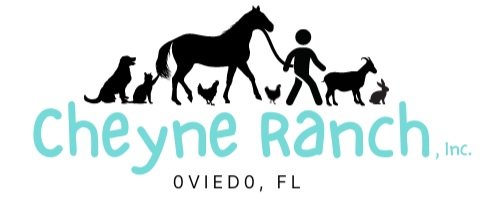Defining Love and (not so randomly) understanding more about Equine Therapy
I am not a therapist - maybe someday I will be. However, I do have 4 children and my mission as their mother is to provide them the tools so they can be their best selves. Come to think of it, my mission for my own self is to continue developing skills that make me the best version of myself. The same can be said of all my primary relationships, my definitive reason for being in those relationships is to help others and myself continue growing and learning.
I think this is the true definition of love, helping ourselves and others become the best version we can be. A book I read as a young adult defined love in a way that has stuck with me all these years:
“The will to extend oneself for the purpose of nurturing one's own or another's spiritual growth. Genuine love is volitional rather than emotional. The person who truly loves does so because of a decision to love.”
The Road Less Traveled: A New Psychology of Love, Traditional Values and Spiritual Growth by M. Scott Peck 1978
Of course, I’m a completely failing human much of the time, so I am not always operating, in fact, probably rarely, in “growth mode.” But this brings me to horses, and caring for horses, and why I am passionate about sharing the experience of caring for horses and being in their presence:
Because the skills we develop to best care for and be present with the horse are the same skills that help make us better people!
The infographic below illustrates this in terms of Equine Therapy:
Here is a link to an excellent article summarizing what Equine Therapy is, who it may benefit and what the benefits are. I am so passionate about developing the skills mentioned in this article because whether I had horses or not, these are the skills I want my loved ones and I to keep improving!
One key takeaway from the article I have is:
Equine-assisted psychotherapy is often not the sole form of treatment, but rather a complementary therapeutic service to be used in partnership with more traditional treatment.
Something I didn’t understand about Equine Therapy for a long time was if being around horses is so therapeutic, why do we still encounter so many unhealthy people in the profession / industry. The answer (I’m learning) is simply being around horses isn’t some magic potion to a zen state of mind. Quite the contrary actually, anyone with the means (some land maybe, or the means to rent the stall or land) can buy, inherit or adopt a horse. But owning a horse is expensive, complex and potentially dangerous - which can all be very stressful. And being in the industry, most jobs are unregulated, meaning anyone can call themselves a “horseman or woman,” “horse trainer, “horseshoer / farrier", “horse masseuse,” etc. So there are lots of people who are horse owners, or involved in the equine industry in some way, who are ill-equipped to handle the complexities, danger and expenses. Which generally leads to their stress and underlying anger / frustration / denial or fear being on constant display.
The good news is, the opposite is also true. Putting in the time and effort to develop a trusting relationship with the horse brings big reward. The rewards include being present with a horse and the horse trusts the person so both the horse and person share a moment of shared time and space together. Also the reward of achieving a particular goal while riding or walking the horse, whether it is a stroll through nature, a ride to strengthen one’s core muscles, or to walk a special needs client on the horse so they too can experience the thrill - these are all inherent rewards that come from a successful trusting partnership developed between horse and human. Achieving this partnership requires the presence of emotional control, awareness, confidence, calmness and lots of coping and problem solving along the way. We (I) can always keep improving these skills.
Let’s spend that time together, with the horses and work towards mastering these skills. We can all work together for ourselves and for each other. There is no better motivator, coach and reflective partner than a horse.


